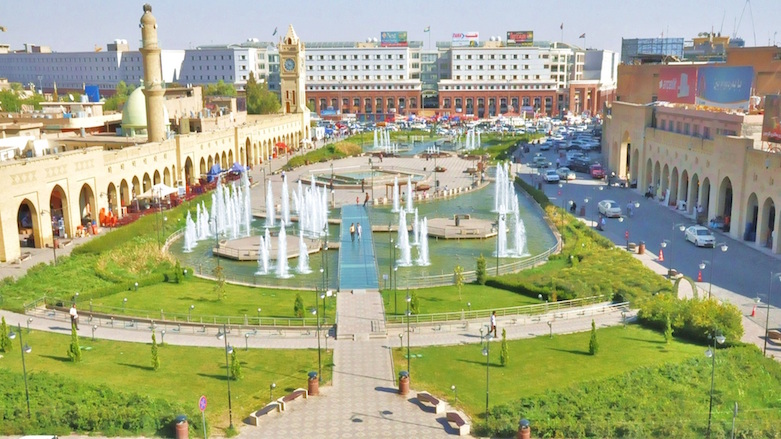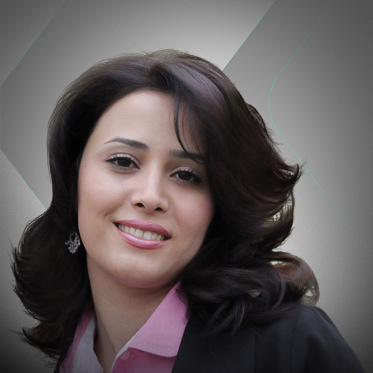Independent Kurdistan beginning or end of problem for Kurds?

LOS ANGELES, United States (Kurdistan24) – After a century of statelessness, Kurdistan Region, which hosts a portion of the estimated 40-50 million Kurdish population scattered across the Middle East, announced its resolution to move toward independence from Iraq.
A referendum on September 25, 2017, is to ask Kurdish citizens if they would say yes to having their own country.
Although Kurds have faced genocide for their statelessness, the announcement was received with a mixed response: From utter excitement for potentially achieving an age-old dream to absolute resistance. A group went so far as hiring an American PR firm to internationally oppose the prospect of secession.
Although a section of the opposition is fuelled by petty party politics and personal ambitions, others are genuinely concerned that a stronger government would be harder to reform. They argue that KRG had decades to improve people’s lives and it failed and so they believe having a state would not improve day to day life.
The parliament has been closed for two years. The government, criticized for corruption, mismanagement, and authoritarianism, is just recovering from economic crisis, war with IS, the influx of refugees and IDPs, and federal government’s budget cut.
Others argue that independence is a matter much bigger than one party's failures and success and should be supported as a cause above and beyond the interests of a limited group.
INDEPENDENT KURDISTAN, BEGINNING OR END OF PROBLEMS?
Dr. David Romano, a professor at the political science department of the Missouri State University and a recognized commentator on Kurdish affairs believes after independence, Kurds would have a better opportunity to improve their internal affairs.
“If anyone can do it, it’s Kurds,” Romano told Kurdistan 24 in a phone interview.
“There are good signs. The parliament is to be reactivated. A date is set for presidential and parliamentary elections and the president has said he would step aside after the elections,” Romano stated.
Although many remain cynical about the said promises, Romano admits that is a positive rhetoric.
“There is no guarantee they would be successful,” he warned, but added that after independence, the government can focus better on social, political, economic problems.”
It is common to blame governments for every problem in the society but Romano who studies and teaches concepts such as “nationalism, social movements, and theories of peace and conflict,” believes leaders can push, but society has to change within itself.
“There have to be societal shifts,” he said. If the Kurdish society wishes to move toward equity, reducing poverty, promoting gender equality, the society should receive education and have the desire to progress.
The KRG has issued laws against domestic violence and has provided government-sponsored shelters for battered women, yet gender issues are still massive in the Region,
Kurdistan Region is a place of contradictions when it comes to women’s rights. On the one hand, there are men in the strictly patriarchal nature of Kurdistan who refuse to accept women as equals. On the other hand, Kurdistan has attracted female entrepreneurs from across the world.
As such, Kurdistan has been a much more progressive place for women than the rest of Iraq, although there is much that needs to be done.
Romano believes given the realities on the ground, remaining part of Iraq will not lead to solving gender or other issues.
Moreover, he says it would be easier to hold the Kurdish authorities accountable after independence, adding that resolving major issues need “complex strategies” that society should push for.
WILL INDEPENDENCE MEAN BLOODSHED?
The referendum is not only facing internal obstacles. Neighboring countries have voiced their opposition loud and clear.
If the referendum gets the majority support and the Kurdistan declares independence, will there be a war?
Romano believes once independence is achieved, whether it is a unilateral declaration of statehood or is done in negotiations with Baghdad, neighboring countries will start competing over expanding their political and economic influence on Kurdistan.
He believes the chances of military interventions are slim with Iraq and Syria being weak and Iran and Turkey otherwise occupied.
“Although the option of an embargo, Qatar-style, is possible, it would be a costly maneuver,” Romano said.
He noted that Turkey has made a lot of investment in Kurdistan Region and if it imposed sanctions on Kurdistan, the rival partner would benefit.
“Unless both countries coordinate. But they compete on too many aspects. In most likelihood, we will see a grudging continuing of competitive attempts to expand influence in the new country,” he said.
Romano noted that KRG has been diplomatic in negotiating with hostile states and clarifying that statehood would be no threat to them.
Nevertheless, there could be smaller scales attempts at engaging in a skirmish along the border, such as sending car bombers, in the hope of finding weak points and exploiting them, he said.
“This is a window of opportunity,” he concluded, “If Kurds have the resolution, they can achieve statehood,” noting that Vietnam was able to defeat the US by willpower and not by military power.
